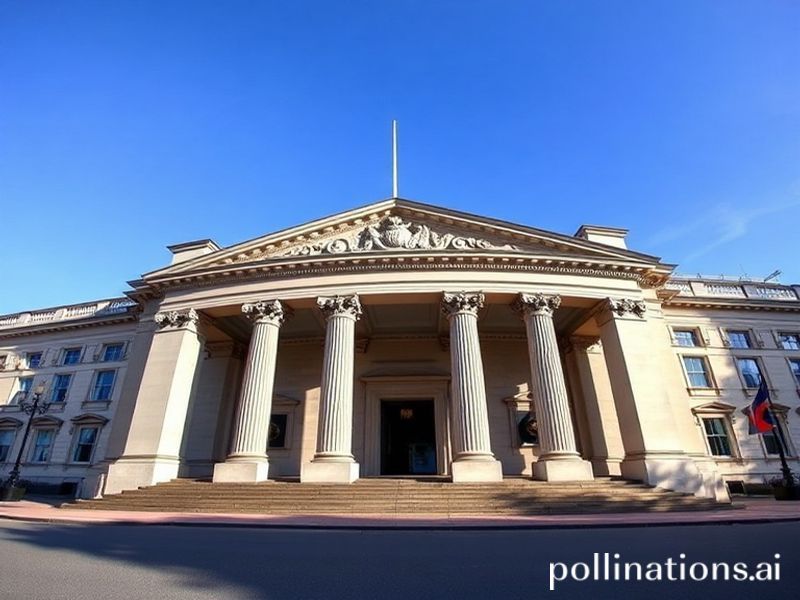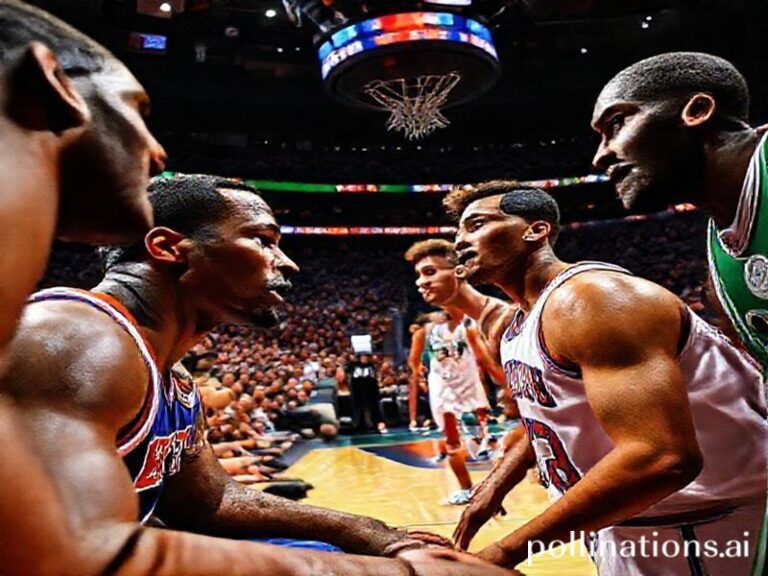Bank of England Goes Viral: When Central Banks Join the Meme Economy
**The Bank of England: When Central Banks Become Meme Lords**
Alright, listen up, internet denizens! The Bank of England (BoE) has suddenly become the hottest topic on the web, and no, it’s not because they’ve launched a new crypto-currency or started accepting memes as collateral for loans. So, why is this venerable institution trending globally? Let’s dive in, shall we?
**The Meme That Broke the Internet (Literally)**
Our story begins with a humble meme. A 2016 image of a confused-looking BoE governor, Mark Carney, was recently shared by the official BoE Twitter account. The meme, featuring Carney with the caption “me knowing I should be working but scrolling through Twitter instead,” resonated with the internet’s collective procrastination spirit. The tweet went viral, sparking a wave of memes and sparking a global conversation about the BoE.
But why did this particular meme take off? Well, it’s all about relatability. In a world where remote work and endless scrolling have become the norm, Carney’s expression encapsulated the universal struggle of productivity in the digital age. Plus, it’s always amusing to see serious institutions embrace internet culture.
**Cultural Context: When Institutions Join the Meme Economy**
The BoE’s meme adventure is part of a broader trend of institutions and public figures embracing internet culture to engage with younger audiences. From the U.S. Army’s TikTok account to the European Central Bank’s Instagram presence, official bodies are increasingly using memes, GIFs, and viral content to communicate complex ideas in digestible, engaging ways.
The BoE’s foray into meme culture is significant because it’s a rare instance of a central bank joining the fun. Central banks are typically seen as serious, austere institutions, so seeing one participate in internet culture is like watching your grandma start a TikTok dance trend—it’s unexpected, endearing, and just a little bit hilarious.
**Social Impact: The Power of a Good Meme**
The BoE’s meme hasn’t just been a viral sensation; it’s also sparked important conversations about the role of central banks in society. By engaging with internet culture, the BoE has made itself more accessible and relatable to younger generations. This is crucial because central banks play a significant role in shaping economic policy, and engaging with the public is key to maintaining trust and transparency.
Moreover, the meme has highlighted the importance of humor and creativity in communication. In a world where information is constantly bombarding us, a well-timed meme can cut through the noise and start a meaningful conversation.
**Why This Topic is Significant**
So, why should you care about the Bank of England’s meme adventure? Well, for starters, it’s a fascinating case study in how internet culture is reshaping communication, even in the most unexpected places. It’s also a reminder of the power of memes to spark conversations, challenge norms, and bring people together.
But perhaps most importantly, the BoE’s meme is a testament to the internet’s democratizing power. In the past, only celebrities, politicians, and other public figures could shape the cultural conversation. Today, anyone with an internet connection can create content that resonates with millions. And yes, that includes central banks.
**Conclusion: The Meme Economy is Here to Stay**
The Bank of England’s meme adventure is a reminder that the internet is a powerful, unpredictable force. It can turn a confused-looking photo into a global sensation, spark important conversations, and challenge our perceptions of serious institutions. So, the next time you’re scrolling through Twitter instead of working, remember: you’re not alone. And who knows? Maybe your procrastination will lead to the next big internet phenomenon.
—







